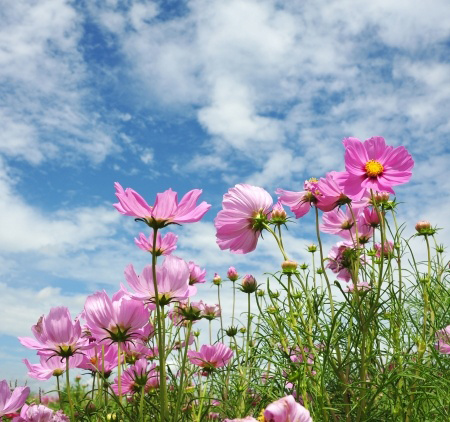Tips to keep allergens at bay this spring
 Warmer temperatures are one of spring’s great perks. They allow us to get outdoors, whether for exercise or an afternoon in the garden. Yet for seniors with allergies, time spent among the trees and flowers is an invitation for itchy eyes, runny noses and scratchy throats.
Warmer temperatures are one of spring’s great perks. They allow us to get outdoors, whether for exercise or an afternoon in the garden. Yet for seniors with allergies, time spent among the trees and flowers is an invitation for itchy eyes, runny noses and scratchy throats.
The good news is that a few simple precautions can help you maximize time outdoors with less discomfort:
If you walk by yourself or with friends, consider altering the time of day you get together. Outdoor exercise at pre-dawn, late afternoon or early evening is best because pollen counts are lowest at those times, notes the American College of Allergy, Asthma and Immunology.
Next, pay attention to pollen levels using media as a guide. Numerous websites this information, which can alert you to times it might be best to stay indoors. Additionally, weather forecasts from local TV or radio outlets will notify you when conditions are windy, which can keep you out of the path of oncoming allergens.
Finally, consult your doctor about getting an antihistamine prescription if allergy symptoms persist. Although over-the-counter medication is beneficial in many cases, some people require a stronger support system to combat nasty side effects. The Apex Tribune notes more than $12 billion is spent annually on allergy care.
Whatever your outdoor hobbies, enjoy them this spring by taking these simple steps and others to reduce allergen exposure.






